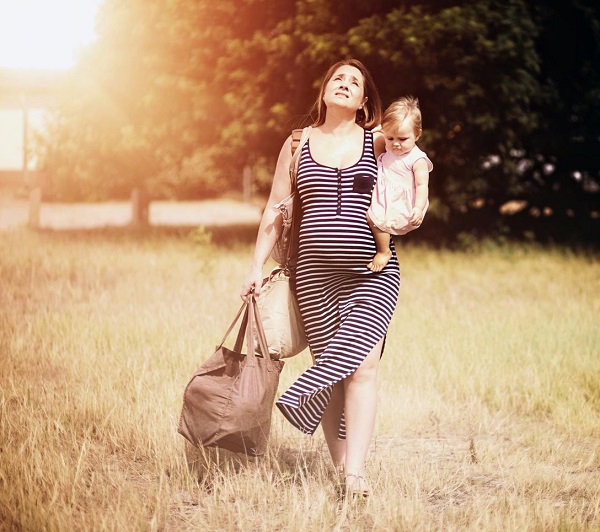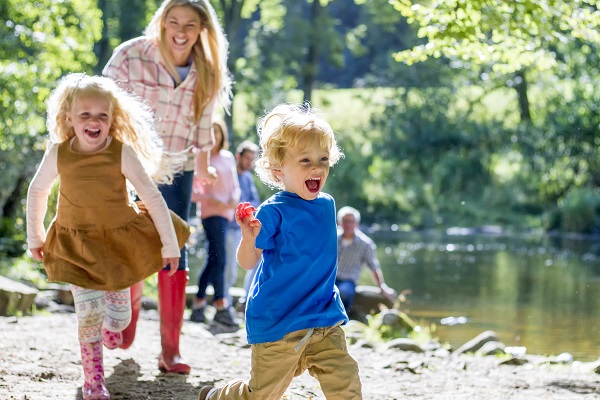Breastfeeding really is the best start in life. For some mums, their baby takes to the breast like a duck to water and for others, the road can be a long and sometimes hard struggle but don’t worry, like millions of mums before you, you’ll get there!
As long as you have a healthy balanced diet your baby will get all the nutrients he/she needs from your breast milk. But there are some foods you should avoid as much as you possibly can and there may be some foods you are eating that might not sit right in your baby’s stomach.
Here’s what to do and what foods to avoid while you are breastfeeding
Limit tea and coffee
The recommended limit for breastfeeding mums is two cups of tea or instant coffee a day, or one cup of filtered coffee. Drinking more than this will not be harmful, however may lead to a fussy restless baby who has difficulty settling. If you do like coffee or tea, switch to decaffeinated versions.
Alcohol
It’s not the occasional glass of wine with dinner that you need to worry about. One drink or less per day is likely to pose little risk for babies, experts agree. But if your drinking habits fall into the moderate or heavy category, you need to reduce your intake right down while you are breastfeeding.
Spicy Foods
Some nursing mums can add extra jalapeños to everything and still have content babies. But you might find that just a dash of pepper is enough to make your baby irritated and fussy for hours.
Garlic
Eating garlicky foods often leads to breast milk taking on the slight flavour of garlic (garlic odour can enter milk up to two hours after a meal). Some babies may grimace or fuss at the breast if they detect garlic’s strong aroma.
Fish
Avoid eating shark, swordfish and marlin. If you are fan of tuna reduce your intake to one tuna steak or two medium cans of canned tuna per week. These foods can be high in environmental contaminants which may be dangerous in high levels to your young developing baby. Scallops should also be avoided.
If you think something that is in your diary is upsetting or unsettling your baby, keep a food diary to help you figure out what food is troubling your baby. It may take time but you will find out who the culprit is with some trial and error. If your baby is reacting to something you have eaten then they will usually show signs of this within two to four hours of you consuming this food.
- Make sure that your food is properly cooked and stored correctly to help minimise the risk of food poisoning.
- Drink plenty of water and consume at least three portions of dairy daily (choose low fat options as much as you can).
- Choose lean meats and chicken as much as possible and eat one to two portions of oily fish in your weekly diet. All of which are important for your baby’s brain and eye development.
Speak with your public health nurse, GP or midwife if you suspect your baby is reacting to something in your diet.
maternity & infant
Originally posted 2016-03-08 16:43:05.









